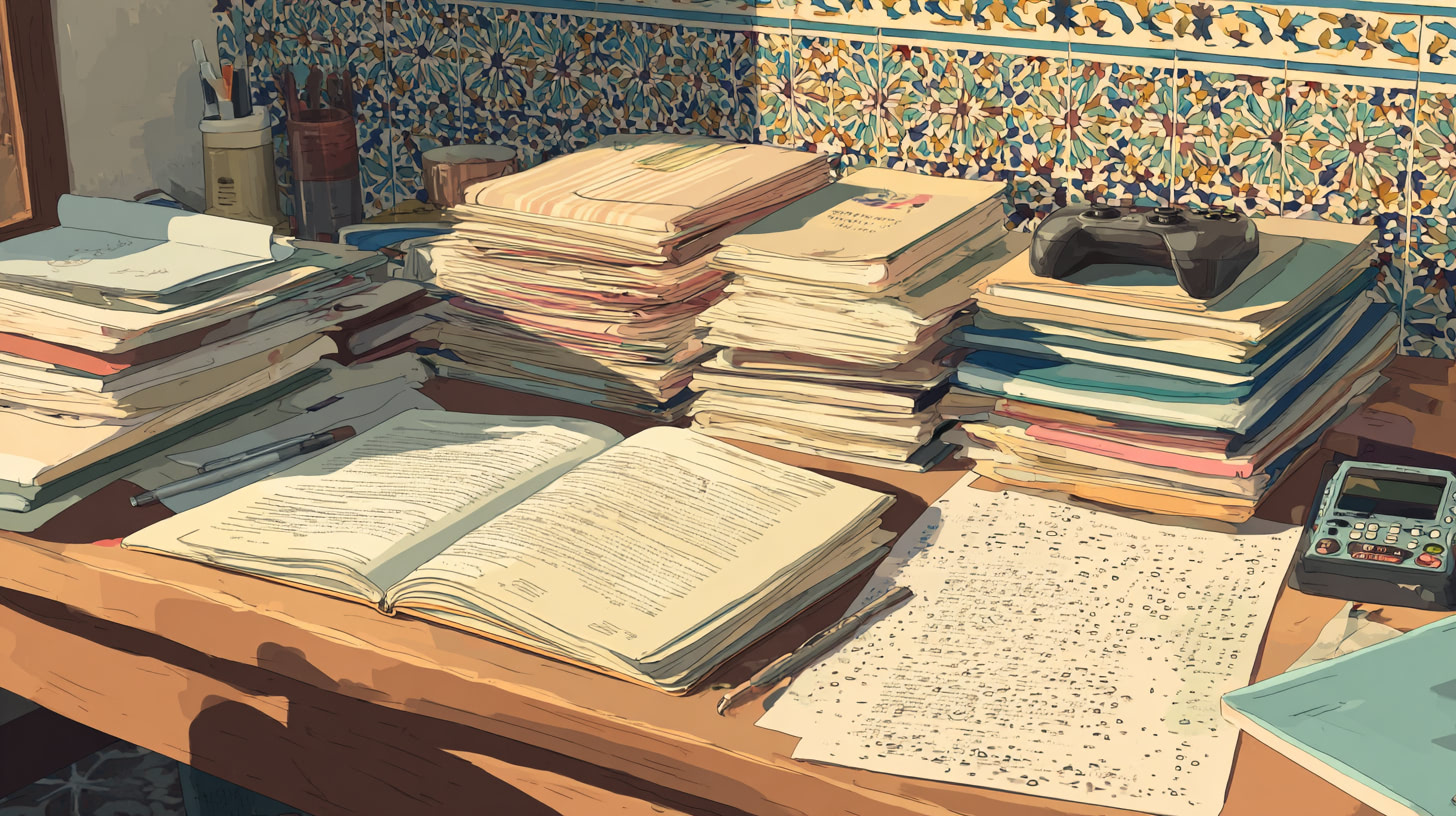gamification
-
5 surprising insights from the science of successful learning
The work of Reda Sadki offers a provocative, often counter-intuitive critique of how we learn, lead, and solve complex problems. Here are five surprising insights about what it takes to create successful learning. 1. Text is superior to video for learning In an era where educational technology is obsessed with video content, immersive simulations, and…
Written by

-
Why gamification is a disaster for humanitarian learning
Is gamification an advantageous strategy that can help increase knowledge and application when it comes to humanitarian responses? What are these advantages? Can gamification contribute to better humanitarian preparedness? Certainly, if you have been forced to maniacally click through 500 screens of a boring “e-learning” from the past – dressed up with multicolored bells and whistles…
Written by

-
Games for health: 14 trick questions for Ben Sawyer
Ben Sawyer is the co-founder of both the Serious Games Initiative (2002) and the Games for Health Project (2004). He is one of the leading experts on the use of game technologies, talent, and design techniques for purposes beyond entertainment. He answered 14 questions by e-mail ahead of his presentation to the IFRC Global Health Team.…
Written by
